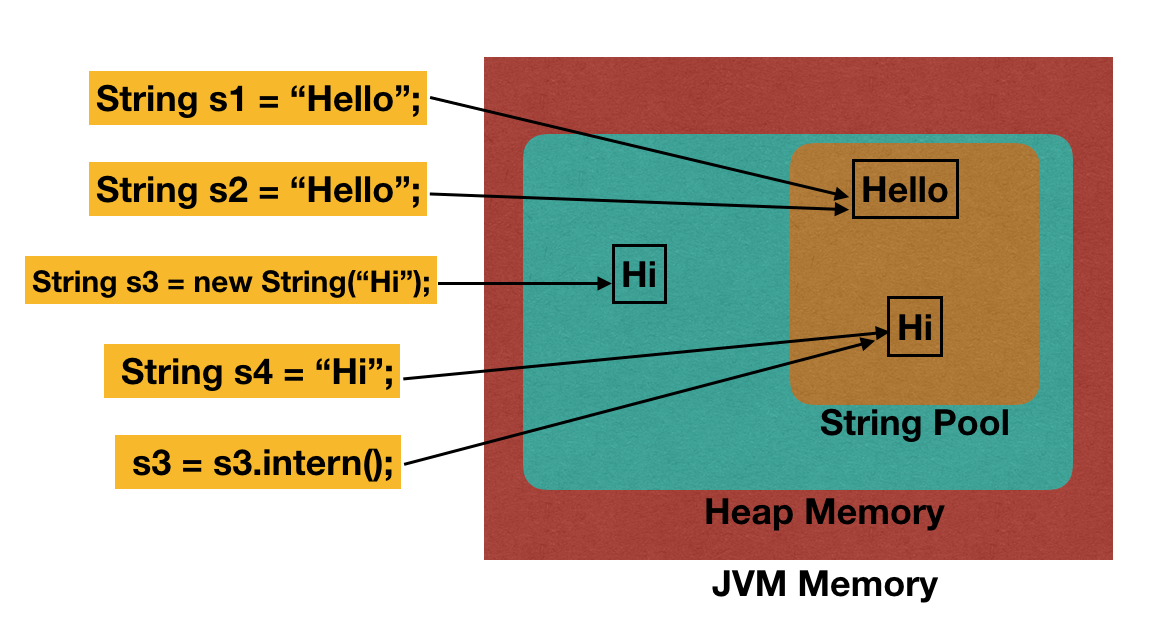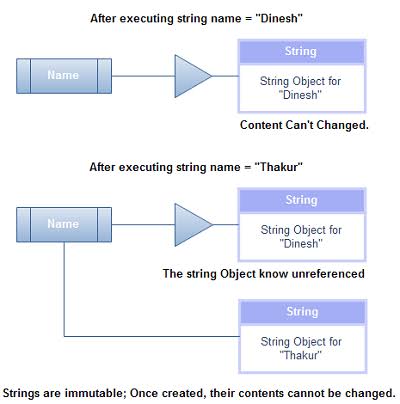Why Are Strings Immutable in Java? Checking Out the Layout Decisions
Wiki Article
Checking Out the Advantages of Immutable Strings in Modern Programs Paradigms
In the world of modern programs standards, the principle of unalterable strings stands as a foundation of durable software application development. The advantages they supply go beyond mere convenience; they basically modify the method information is dealt with within applications. By taking on unalterable strings, designers can guarantee improved data integrity, enhanced string safety and security, simplified debugging procedures, raised safety and security actions, and efficient efficiency optimization. These advantages offer as a testimony to the extensive impact that accepting immutability can carry the integrity and efficiency of software application systems.Improved Data Stability

By avoiding the modification of string objects, immutability gets rid of the threat of unintentional modifications to the data they hold. This not just boosts the safety and security of the info yet likewise enhances the dependability of the code that relies on these strings.
Immutability additionally supports more secure multithreading settings, as simultaneous accessibility to unalterable strings does not position the risk of data corruption with simultaneous adjustments. This residential property simplifies the process of taking care of strings in identical programs scenarios.
Essentially, immutability works as a safety shield around the information kept within strings, enhancing their stability by ensuring that as soon as specified, their worths remain unmodified throughout the program's execution.

Improved String Safety And Security
Immutable strings improve the thread safety and security of programs by guaranteeing that once a string object is created, its value can not be customized. This building removes the risk of simultaneous threads attempting to customize the very same string concurrently, which could lead to information corruption or irregular states in the program - Why are strings immutable in Java?. In a multi-threaded atmosphere, where multiple threads gain access to and control data concurrently, the immutability of strings provides a level of safety by assuring that the information continues to be unchanged throughout its lifecycleStreamlined Debugging Processes
Provided the improved thread safety and security promoted by unalterable strings, a considerable advantage develops in the world of streamlined debugging procedures. Unalterable strings, as soon as produced, can not be changed, making it easier to trace the flow of data and identify the resource of pests in a program. This immutability ensures that strings stay consistent throughout the implementation of the program, decreasing the probability of unforeseen adjustments that could bring about errors.When debugging with mutable strings, designers commonly run into problems where a string's value is changed unintentionally, making it challenging to pinpoint the source of a bug. Nonetheless, with unalterable strings, the data continues to be the same, permitting programmers to concentrate on analyzing the real logic of the code instead of finding where and when a string was customized inaccurately.
Additionally, unalterable strings streamline the debugging procedure by making it possible for less complicated recreation of pests. Because immutable strings do not transform state, designers can recreate and examine bugs extra successfully, bring about quicker recognition and resolution of problems within the codebase. This structured debugging process eventually adds to higher software high quality and improved general growth performance.

Increased Protection Procedures
Enhancing data security and fortifying system honesty, the usage of immutable strings in software application applications adds considerably to increased safety and security steps. Immutable strings also play a vital duty in preventing typical security susceptabilities such as barrier overflows and SQL injection attacks, as attempts to manipulate string information at runtime are naturally restricted.Additionally, the immutability of strings boosts the predictability of program actions, making it less complicated to confirm inputs and stop unexpected adjustments that can compromise safety. This predictability streamlines the procedure of auditing and validating code, enabling designers to recognize possible safety and security loopholes extra effectively. On the whole, incorporating immutable strings into software advancement methods not only boosts the toughness and dependability of applications but also enhances their resilience versus security risks.
Reliable Efficiency Optimization
Building upon the foundation of enhanced protection procedures accomplished through the use of unalterable strings, a key facet to consider in software growth is efficient efficiency optimization. When taking care of mutable strings, operations like concatenation or substring production often lead to the creation of new string items, resulting in memory overhead and boosted processing time. However, with unalterable strings, these procedures can be maximized to enhance efficiency. By allowing strings to remain unchangeable and consistent, immutable strings assist in better memory management and caching possibilities, inevitably increasing the overall performance of the software.
Immutable strings additionally play a crucial function in multithreaded atmospheres by advertising thread security. Why are strings immutable in Java?. Given that immutable strings can not be customized when created, they can be shared throughout threads without the danger of unanticipated changes, visit their website minimizing the requirement for synchronization click this devices and improving concurrency. Furthermore, immutable strings simplify debugging processes as developers can trust that a string's worth will certainly remain consistent throughout the program's execution, eliminating potential errors triggered by mutable state changes. In final thought, the use of immutable strings not only boosts safety and security however likewise substantially contributes to the efficient efficiency optimization of modern-day software program systems.
Final Thought
In final thought, the benefits of using unalterable strings in modern programming paradigms can not be overemphasized. Enhanced data honesty, improved thread safety and security, streamlined debugging procedures, enhanced protection measures, and reliable performance optimization all contribute to the total efficiency of programs tasks. By incorporating unalterable strings right into programming techniques, programmers can profit from an extra robust and dependable codebase.Immutability, a crucial attribute of strings in programs languages such as Java and Python, makes certain that as soon as a string things is created, it can not be altered or customized.Immutable strings boost the string safety and security of programs by guaranteeing that once a string things is created, its worth can not be modified. Unalterable strings also play an important role in stopping typical safety and security susceptabilities such as barrier overflows and SQL injection attacks, as efforts to control string data at runtime are naturally limited.
By permitting strings to remain constant and unchangeable, immutable strings help with better memory management and caching chances, ultimately boosting the total effectiveness of the software.
Unalterable strings simplify debugging procedures as developers can rely on that a string's worth will stay constant throughout the program's execution, removing possible mistakes caused a knockout post by mutable state modifications.
Report this wiki page